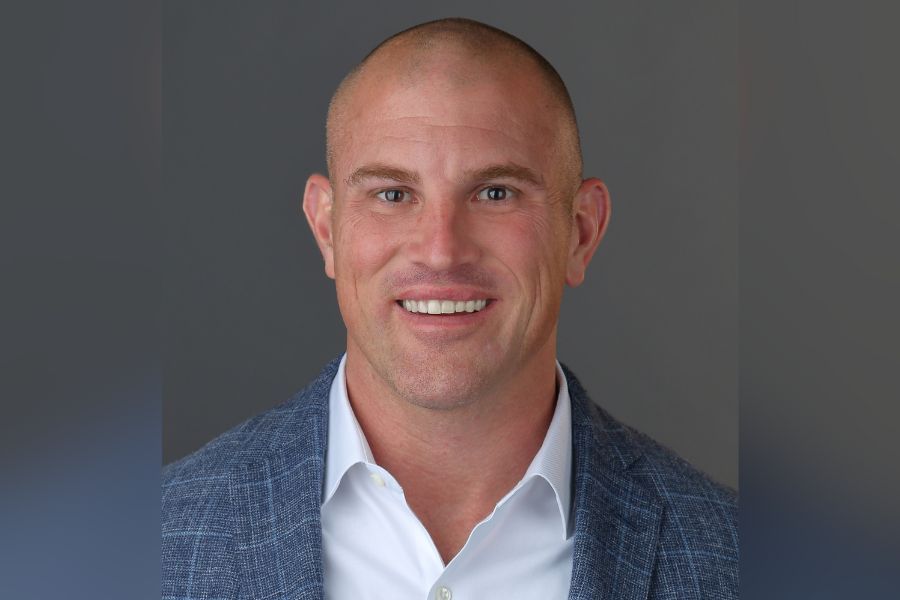Anger over Ohio National’s attack on VA contracts

Columnist is one of the owners of a VA contract that insurer is cutting fees on.
I am angry and appalled by Ohio National Financial Services’ announcement that it will terminate the trailing commissions on existing variable annuity contracts with guaranteed income benefits. Talk about changing the rules in the middle of the game!
As the owner of one of these annuity contracts with a valuable guaranteed minimum income benefit, or GMIB, that offers a stream of income for life, I can keep my existing contract or accept the company’s buyout offer. Ohio National is offering me more money than the existing cash value of my contract, but less than the guaranteed benefit amount — which grows by at least 6% per year — on which my future withdrawals would be based.
The buyout offer, available through Feb. 11, encourages me to “work with a trusted financial professional to evaluate your retirement plan and retirement income needs to determine if this offer is right for you.”
The only problem is that Ohio National just cut my adviser out of the equation by deciding not to pay him any commissions after Dec. 12.
The action seems at odds with Ohio National’s vision statement posted on its website: “To be your company of choice — through integrity, trusted relationships and financial strength.”
I certainly want my adviser’s continued guidance, but I don’t expect him to work for free. I have already suggested that he revise his fee so he is compensated for his time. The guaranteed minimum income benefit is a key element of my retirement income plan.
But how many of the existing policyholders will be left to their own devices if their current advisers are not willing or able to advise them for free? Most of the investors who bought these contracts are now in their 60s, 70s or older and need expert advice on how to access their funds. For example, if an Ohio National policyholder inadvertently takes out more than the annual allotment, it could invalidate the guarantee minimum income benefit.
The Ohio National buyout offer includes some critical questions for contract owners to consider. For example, would the buyout offer amount be less than the amount they would have received over their lifetime had they kept the annuity with the guaranteed minimum benefit rider in force? Good luck answering that on your own.
When I first purchased my annuity contract in 2009 at the depth of the financial crisis, I wanted to continue to grow a portion of my nest egg without fear of losing a chunk of it in the decade before I retired. I was attracted to the unrestricted investment options in the contract’s subaccounts and the promise that the guaranteed benefit base would be reset each year, increasing by at least 6% or the highest anniversary value, whichever was higher.
I chose the Oncore Flex contract with a 1.5% annual fee, which included the cost of ongoing advice, rather than the lower-cost wrap account with a 0.65% annual fee, onto which an adviser could tack on his or her advisory fee each year.
I don’t see anywhere in the Ohio National buyout offer that the insurer is willing to refund a portion of that ongoing fee even though my adviser will no longer be paid by the company to advise me. That means Ohio National’s action will cost me more money.
But a spokesperson for Ohio National who responded to my questions disputed that view. “Even though many of our selling agreements are being replaced with a service agreement or service letter as a result of our new strategy, the steps we are taking allow for advisers to continue to service clients,” the spokesperson said. “The registered representatives’ obligation to provide ongoing financial advisory services to customers is not related to or dependent upon any contractual payments or fees paid by our customers to Ohio National.”
But if my adviser had no obligation to provide me with services, why did I pay a higher fee for the variable annuity contract I purchased than I would have for the wrap account version?
“We note that while many advisers develop relationships with their clients, providing advisory and other services, those services and relationships fall outside of Ohio National’s contractual agreements with its policyholders,” the spokesperson said. “We believe advisers do and will continue to act in the best interest of their clients.”
In a class-action lawsuit filed in November against Ohio National, LPL Financial broker Lance Browning of Whitehouse, Texas, claimed the insurer would pocket the trailing commissions that otherwise would have gone to advisers.
In fact, the buyout offer letter notes that Ohio National “could gain a financial benefit from the offer because, due to regulatory changes and a prolonged period of low interest rates, supporting the guarantees associated with the eligible Oncore variable annuities and the eligible GMIB riders may be more expensive for us.”
What the letter doesn’t mention is the company would also benefit by no longer paying advisers who agreed to forego a larger upfront commission at the time of the annuity sale in favor of smaller ongoing commissions for the life of the contract.
So far, broker-dealers and advisers are the only ones on the chopping block. Come Dec. 13, many older investors could be out in the cold. But the aggrieved parties may have some new ammunition to contest this action under the Senior Safe Act that President Donald J. Trump signed into law a few months ago.
The act strengthens protections against financial exploitation of senior citizens, defined as an act that “uses the resources of a senior citizen for monetary or personal benefit or gain.”
Some could argue that Ohio National’s move means senior investors may lose a valuable resource or pay more to keep it while the insurer, according to its own buyout letter, could “gain a financial benefit.” Stay tuned.
Learn more about reprints and licensing for this article.








